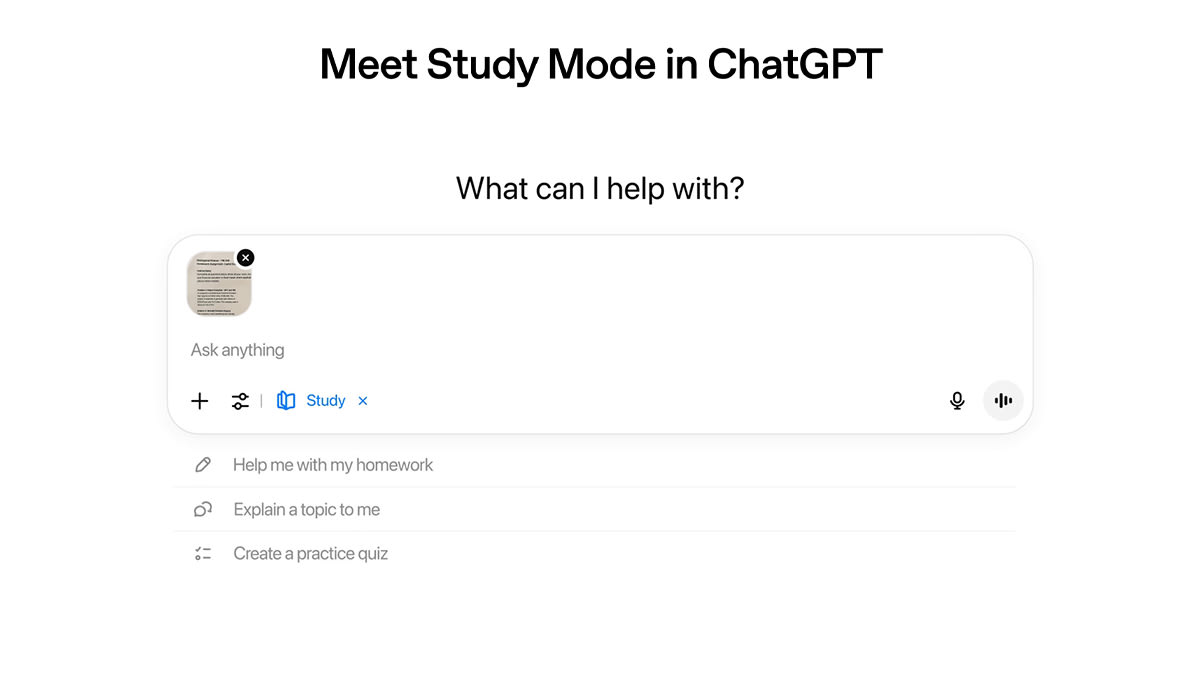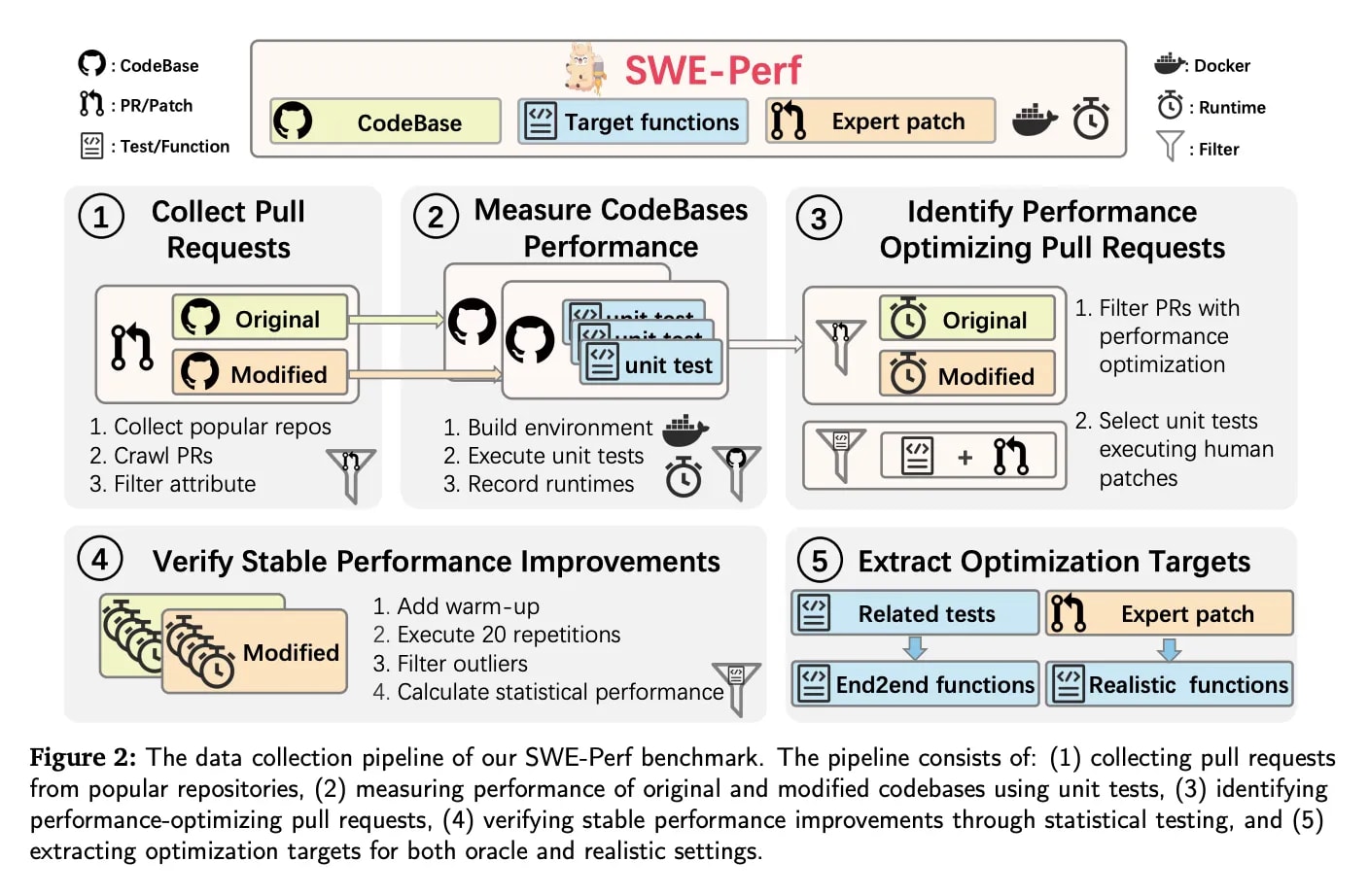Top News
Astrocade rolls out AI agent-powered game creation experience so anyone can create games*
*disclosure: this is where I work, please forgive the self-promotion!
Astrocade has publicly launched a reimagined version of its AI-powered social gaming platform, enabling anyone to effortlessly create and remix games in minutes through features like AI-guided brainstorming, bespoke in-game editors, and deep remix capabilities. Key innovations include AI-generated game-specific toolsets, a team of specialized AI agents, and one-tap remixing of games to foster collaborative creativity.
Founded by Amir Sadeghian, Ali Sadeghian, and Fei-Fei Li, the platform is designed to eliminate the barriers to game creation, empowering users to transform ideas into playable experiences without any coding. The platform also introduces enhanced creator profiles for community building. In parallel, Astrocade confirmed it is finalizing its Series A financing, following a $12M seed round backed by AME Cloud Ventures, NVIDIA, and others.
The updated experience is now live at www.astrocade.com.
White House Releases AI Action Plan
The White House has released an AI Action Plan titled "Winning the AI Race: America’s AI Action Plan" to maintain U.S. leadership in artificial intelligence. The plan, which follows President Trump's executive order on Removing Barriers to American Leadership in AI, outlines over 90 federal policy actions across three pillars: Accelerating Innovation, Building American AI Infrastructure, and Leading in International Diplomacy and Security. The plan aims to usher in a new era of human flourishing, economic competitiveness, and national security for the American people.
Key policies in the AI Action Plan include exporting American AI through a partnership between the Commerce and State Departments and industry, promoting rapid buildout of data centers, enabling innovation and adoption by removing federal regulations that hinder AI development, and upholding free speech in frontier models. The plan emphasizes the importance of AI as a revolutionary technology with the potential to transform the global economy and alter the balance of power in the world. The White House Office of Science and Technology Policy Director Michael Kratsios, AI and Crypto Czar David Sacks, and Secretary of State and Acting National Security Advisor Marco Rubio have all expressed their support for the plan and its goals.
Big Tech split? Google to sign EU’s AI guidelines despite Meta snub
Google has announced its intention to sign the European Union's guidelines on AI, a move that contrasts with Meta's decision to reject the same guidelines due to concerns over potential constraints on AI innovation. Google's decision is driven by the belief that the guidelines will enhance European citizens' access to advanced AI tools as they become available. The company's endorsement of the guidelines comes after Meta's refusal to sign, citing concerns that the code could stifle European AI innovation.
The European Commission, the executive body of the EU, has published a final version of its code of practice for general-purpose AI models, leaving the decision to sign up to individual companies. Google's President of Global Affairs, Kent Walker, emphasized the importance of prompt and widespread deployment of AI, suggesting that embracing AI could boost Europe's economy by 1.4 trillion euros ($1.62 trillion) annually by 2034.
OpenAI launches Study Mode in ChatGPT
OpenAI has launched a new feature called Study Mode in its AI tool, ChatGPT, aimed at fostering critical thinking skills among students. Instead of providing direct answers, the tool will pose questions to test users' understanding of the material. The feature is being rolled out to users on Free, Plus, Pro, and Team plans, with plans to introduce it to Edu subscribers in the coming weeks. The move is a response to concerns that while ChatGPT can be a useful tutor, it may also negatively impact students' critical thinking abilities.
Other News
Tools
GitHub Introduces Vibe Coding with Spark: Revolutionizing Intelligent App Development in a Flash. Spark allows users to create full-stack apps from natural language prompts, and is available to Copilot Pro+ subscribers for $39 a month.
Anthropic unveils new rate limits to curb Claude Code power users. The new limits, effective August 28, aim to address continuous background usage and account sharing, affecting less than 5% of subscribers while allowing Max plan users to purchase additional usage at standard API rates.
NVIDIA AI Dev Team Releases Llama Nemotron Super v1.5. The Llama Nemotron Super v1.5 offers enhanced performance and usability for reasoning and agentic tasks, featuring improved accuracy, efficiency, and the ability to operate on a single GPU, making it accessible for both individual developers and large enterprises.
Zhipu AI Just Released GLM-4.5 Series. GLM-4.5 and GLM-4.5-Air introduce a hybrid reasoning approach with dual modes for complex reasoning and quick responses, achieving high benchmark scores and offering open-source access for broad commercial use.
Microsoft Edge transforms into an AI browser with new Copilot Mode. It allows users to utilize AI for tasks like searching across open tabs, booking reservations, and comparing products, with features such as voice navigation and optional integration with browser history and credentials.
Figma’s AI app building tool is now available for everyone. Figma Make allows users to build apps using natural language and design references, but publishing capabilities are limited to those with Full Seat access.
Runway Launches New Aleph Model That Promises Next-Level AI Video Editing. The new model, Aleph, focuses on "fluid editing" by allowing users to make complex video edits through simple prompts, maintaining continuity and consistency across frames.
Google Gemini on Wear OS widely rolling out. Google Gemini on Wear OS replaces Google Assistant and offers enhanced natural-language query support, access to various apps and extensions, and the ability to provide responses in text, images, and voice.
Photoshop just made it shockingly easy to edit objects and people into photos. Photoshop's new generative AI features include the "Harmonize" compositing tool, which automatically adjusts new objects to blend seamlessly into images, and an updated object removal tool that offers more precise editing capabilities.
Google Photos can now animate your photos into short videos. The new feature uses Google's Veo 2 AI video model to create six-second clips from still images, and includes a visible label and invisible watermark to indicate AI generation.
Google’s NotebookLM can now make narrated slideshows with AI. This allows users to create narrated slideshows with AI-generated visuals, images, and diagrams, and is part of a broader update to NotebookLM's Studio tab.
Google is testing a vibe-coding app called Opal. Opal allows users to create and share mini web apps using text prompts and a visual workflow, aiming to make app development accessible to non-technical users.
Business
OpenAI expands Oracle data center deal, says parts of Stargate 1 in Texas are operational. The expansion will create over 100,000 jobs in the U.S. and increase the total Stargate AI data center capacity under development to over 5 gigawatts.
Google’s AI Overviews have 2B monthly users, AI Mode 100M in the US and India. Google's AI Overviews has now reached 2 billion monthly users and AI Mode has over 100 million users in the US and India.
Meta names Shengjia Zhao as chief scientist of AI superintelligence unit. The former OpenAI researcher known for his work on AI reasoning models will lead Meta Superintelligence Labs' research efforts.
A.I.-Driven Education: Founded in Texas and Coming to a School Near You. Alpha School plans to expand its AI-driven educational model, which personalizes learning based on individual student skills and interests, to multiple cities nationwide this fall.
Nvidia AI chip challenger Groq said to be nearing new fundraising at $6B valuation. Groq is reportedly in discussions to secure $600 million in funding, which would double its valuation to nearly $6 billion within a year, following its previous $640 million raise at a $2.8 billion valuation.
Research
TikTok Researchers Introduce SWE-Perf. It evaluates the ability of large language models to optimize code performance in real-world repositories, highlighting a significant gap between current model capabilities and human expert performance.
AlphaGo Moment for Model Architecture Discovery. ASI-Arch is capable of autonomously discovering cutting-edge neural architectures by conducting innovative scientific research, surpassing human constraints and uncovering novel design principles.
Frontier AI Risk Management Framework in Practice: A Risk Analysis Technical Report. The report evaluates the risks associated with advanced AI models, categorizing them into green, yellow, and red zones based on their potential threats to public health, national security, and societal stability, with current models mostly falling within the green and yellow zones.
Inverse Scaling in Test-Time Compute. Increased test-time compute in large reasoning models can lead to a decline in performance and worsen certain reasoning errors.
The Serial Scaling Hypothesis. The Serial Scaling Hypothesis suggests that for complex machine learning tasks involving reasoning and planning, increasing serial computation is essential, as parallel computation alone is insufficient to achieve further progress.
Rubrics as Rewards: Reinforcement Learning Beyond Verifiable Domains. Rubrics as Rewards introduces a framework for reinforcement learning that uses structured rubrics as reward signals, allowing for stable training and improved performance across diverse domains, including medicine and science.
Working with AI: Measuring the Occupational Implications of Generative AI. The study evaluates how Microsoft Bing Copilot is utilized across different job functions and calculates an AI applicability score, highlighting that knowledge and administrative roles have higher scores.
Group Sequence Policy Optimization. Group Sequence Policy Optimization (GSPO) is a reinforcement learning algorithm that improves training efficiency and performance by using sequence-level importance ratios and clipping, which notably enhances the stability of Mixture-of-Experts (MoE) training and simplifies RL infrastructure design.
Learning without training: The implicit dynamics of in-context learning. This proposes that implicit weight updates occur during inference, and introduces a generalized transformer block called a contextual block that facilitates this process by transforming context into a weight update for the neural network's first layer.
Policy
America’s AI watchdog is losing its bite. The Trump administration's recent actions aim to reduce regulatory oversight by the FTC on AI companies, potentially accelerating AI deployment but raising concerns about unchecked accuracy, fairness, and consumer protection.







